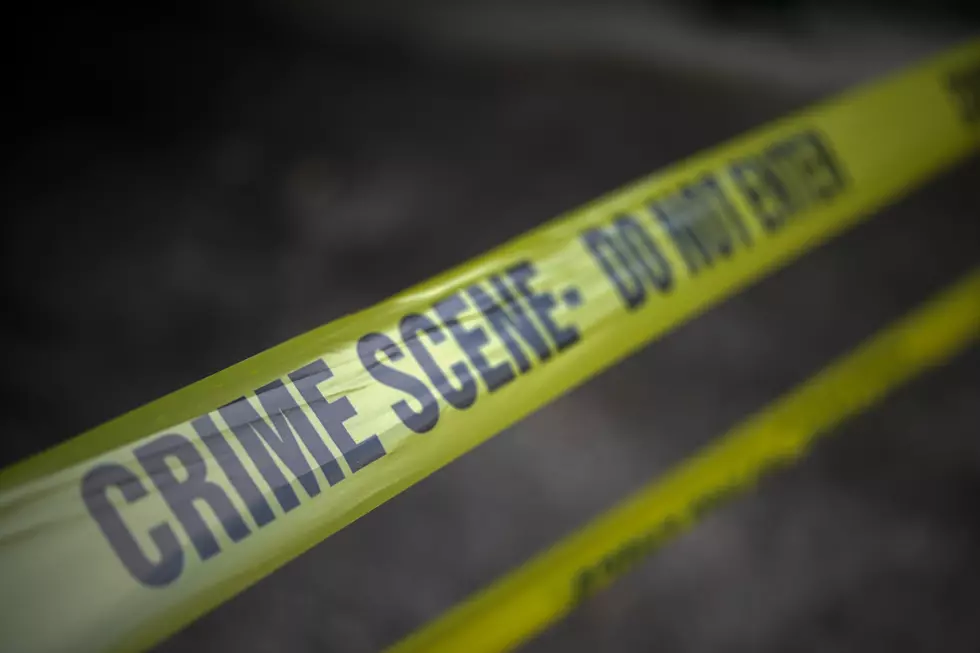
Louisiana Residents Have to Stand Back If a Police Officer Asks You To
Governor Jeff Landry has signed a bill into law that requires that if asked to do so by a police officer to back up at a crime scene you must do so according to Louisiana Radio Network.
Governor Jeff Landry says he signed the bill because it helps to keep police officers safe while they are doing their jobs.
Police officers often find themselves in potentially dangerous situations. By asking individuals to stand back, officers can maintain a safe distance from potential threats and have a clearer view of their surroundings. This helps them to better assess and control the situation.
The legislation authored by Representative Brian Fontenot is designed to enhance the ability of police officers to perform their duties safely and effectively by legally mandating that individuals must stand back when requested. This contributes to the overall safety of crime scenes and aids in the proper administration of justice.
Unless you are involved in the crime scene, when you are asked to back up you will need to move 25 feet away from the scene.
Fontenot says he was motivated to file the bill during the legislation session because violence against police officers is on the rise, and this gives them more space to do their jobs.
Fontenot says,
There was a delicate balance of finding a safe distance for police officers doing their job and the person being affected an arrest on.
If you fail to do what the offer's asks you to do, the penalty can be up to 60 days in jail or a fine of up to $500.
American Civil Liberties Policy Strategist Stephanie Willis says they are worried about what kind of impact this law will have on a citizen's ability to hold police officers accountable. She also says this violates a person's 1st amendment rights. It is likely that the law will be tested in court.
Willis says
Having the ability to observe police interaction is fundamental in our constitution and it's one of the ways we can hold police officers and law enforcement accountable.
In addition to Willis, State Representative Edmond Jordan of Baton Rouge told WBRZ says he is critical of the bill because he believes it will make it harder to monitor police.
He says,
If you have to be 25 feet away, you're not going to be able to help bring some type of change. You need to see and be able to report. I just think it's a bad law. I think we need to challenge it. I think we need to fight it.
Last year, Governor John Bel Edwards said he wouldn't sign the bill because he believed it was unconstitutional.
The ACLU of Louisiana did issue a statement this week about Governor Landry signing the measure into law:
The twenty-five-foot buffer legislation fundamentally seeks to curtail Louisianians' ability to hold police accountable for violence and misconduct. If law enforcement officers were operating in a manner that safeguarded the well-being and constitutional rights of the public, there should be no objections to being observed. Moreover, HB 173 is impractical to enforce consistently and will exacerbate tensions in any situation involving law enforcement. We denounce the passage and signing of this legislation and urge our communities to stay vigilant and safe in response to these developments.
Those in support of the bill point out that the majority of police departments have body cameras.
LOOK: What major laws were passed the year you were born?
Gallery Credit: Katelyn Leboff


